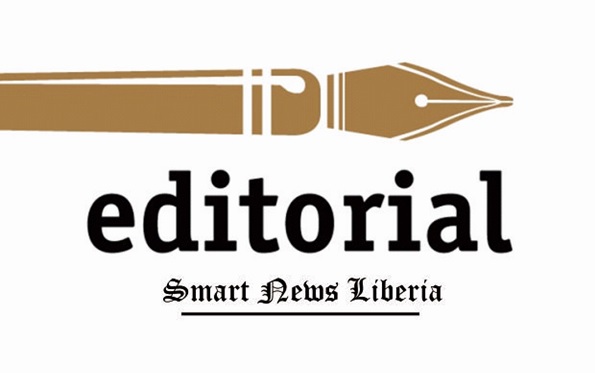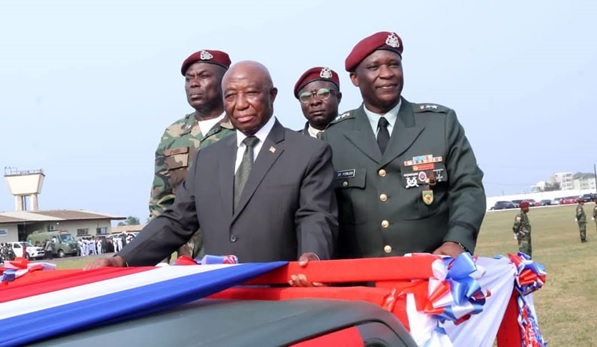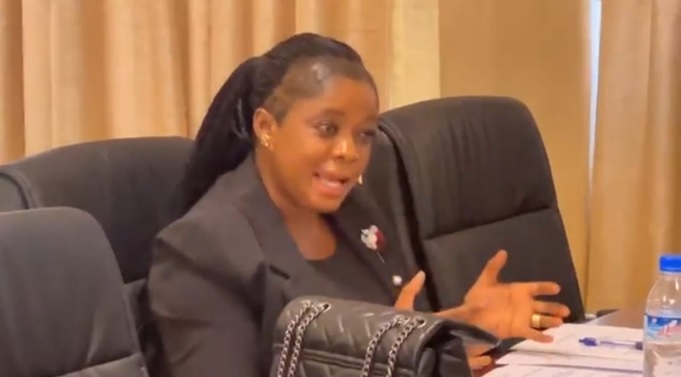After 177 years of existence, Liberia remains stuck in a vicious cycle of poverty, dilapidated infrastructure, and an education system in disarray. The country’s healthcare system is underfunded, roads are nearly impassable, and electricity remains unreliable. Yet, instead of prioritizing urgent national needs, President Joseph Boakai’s administration continues to lavish millions on government officials, widening the gap between struggling citizens and those in power.
Recent budget allocations expose a disturbing pattern of reckless spending that does little to uplift the average Liberian. Over US$44 million has been earmarked for non-essential expenses, draining resources that could have otherwise been used to improve public services. Millions have been set aside for extravagant allowances and benefits, including US$3.3 million for food and catering, even as thousands of Liberians go to bed hungry. Another US$4.6 million is dedicated to fueling government vehicles, while the majority of citizens depend on an unreliable public transport system. Shockingly, US$1.5 million will be spent on internet services for public officials, an expenditure that does nothing to address the nation’s pressing development challenges.
Even more concerning are the opaque budgetary allocations labeled as “Special Operations Services” and “Intelligence Services,” which amount to a staggering US$18.6 million. These vague expenditures lack clear accountability, raising serious doubts about whether they serve national security interests or merely provide a cover for unchecked spending. If the government truly values transparency, it must explain how these funds are being used and ensure that they do not become another avenue for misuse.
While the Boakai administration wastes national resources, international donors are losing faith in Liberia’s financial discipline. Tech mogul Elon Musk’s Starlink initiative recently withdrew US$17 million in aid, a significant loss that should have prompted a reassessment of government priorities. Instead of addressing this reality with fiscal responsibility, the administration continues to operate as if Liberia has an endless supply of resources. The irony is undeniable, if leaders managed the nation’s budget wisely, Liberia would not need to rely so heavily on foreign donors.
The disconnect between the government’s actions and the struggles of ordinary citizens is glaring. How can a government that spends US$2.6 million on workshops and US$1.2 million on domestic travel allowances ask its people to endure hardship? How can public officials justify first-class flights, luxury SUVs, and inflated benefits while farmers, teachers, and market women struggle daily to survive? This blatant disregard for the suffering of the population exposes the administration’s misplaced priorities.
President Boakai campaigned on a platform of reform, yet his administration is falling into the same traps as previous governments—where public office becomes a means for personal enrichment rather than national service. Eliminating wasteful spending is not merely a recommendation; it is an urgent necessity. If Boakai intends to lead with integrity, he must immediately take steps to reallocate funds toward critical sectors that directly benefit the population. Roads must be repaired to facilitate trade, investment in agriculture must increase to strengthen food security, healthcare must be expanded to reduce preventable deaths, and education must be prioritized to prepare the next generation for a better future.
However, the burden of change does not rest solely on the President. Liberians must demand accountability. Remaining silent while leaders misuse public funds only enables corruption to flourish. Civil society organizations, the media, and opposition figures must intensify their scrutiny of government spending, ensuring that taxpayer money is used for public good rather than political indulgence. If citizens fail to hold their leaders accountable, the cycle of waste and mismanagement will continue.
The truth is simple: Liberia cannot progress if it continues to rely on foreign aid while simultaneously squandering its own wealth. The United States and other international partners are under no obligation to fund a government that refuses to prioritize its own people. If Boakai’s administration can afford to spend millions on luxuries, then it has no moral ground to complain about financial shortfalls. The era of excuses must end. Liberia’s leaders must either govern with fiscal discipline or face the consequences of their actions.







